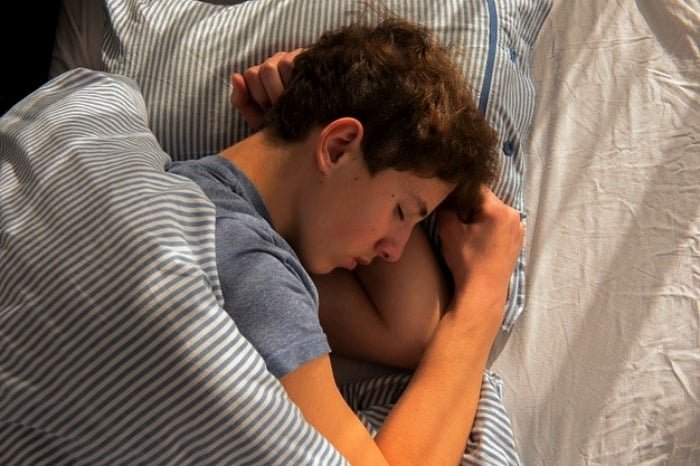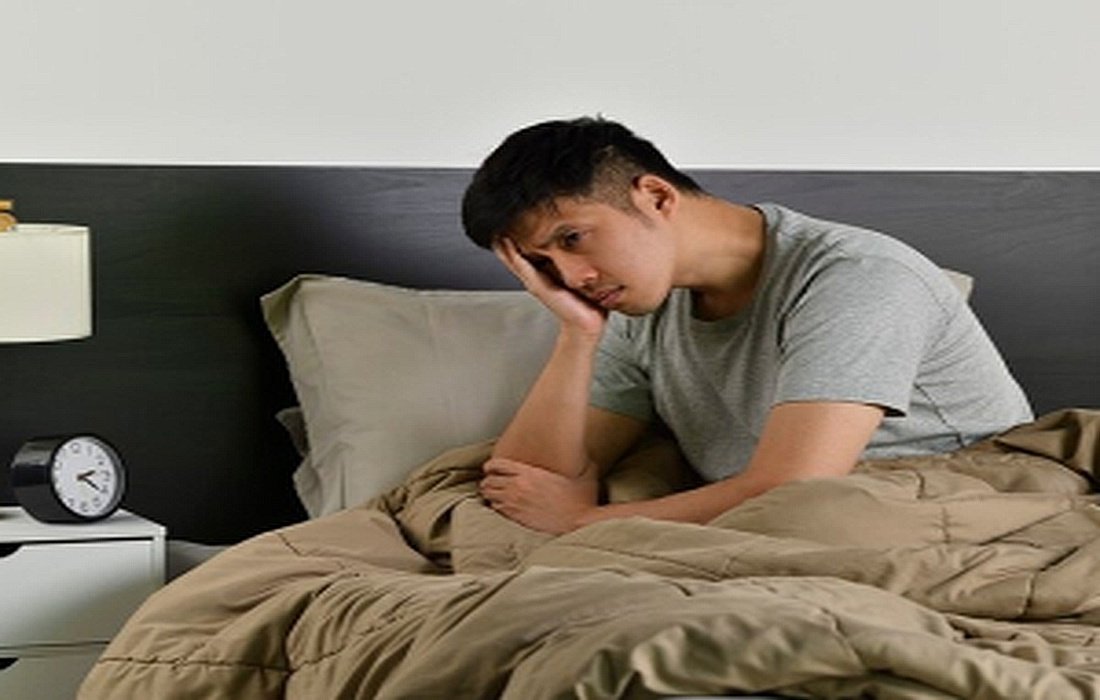Why Do Teenagers Have Trouble Waking Up (and How to Help)?
If you have trouble waking your teenager up in the morning, know that you are not alone; teenagers face many biological and social changes that affect their sleep cycles. You can learn more about this section onSelMagzHelp your teenager improve their sleep quality to enhance academic performance, managestressand develop healthy sleep habits that last into adulthood.

Reasons for Irregular Sleep and Difficulty Waking Up in Teenagers
The reason why teenagers struggle to wake up
Impactof sleep deprivationonteenagers’ sleep
Sleep deprivation can harm the body, especially the unique needs of teenagers. Lack of sleep causes neurons in the brain to function sluggishly, impacting reasoning abilities and decision-making skills. Sleep deprivation also puts teenagers at a higher risk for obesity anddiabetesdue tohormonal changesand makes it harder to control appetite, while significantly weakening the immune system. The immune system doesn’t have enough time to repair itself at night and, as a result, cannot perform its functions during the day. Teenagers with sleep problems face a higher risk of illness.

Sleep deprivation andinsomniamake it hard for teenagers to wake up
Changes in Teenagers’ Sleep Cycles
The sleep cycle is controlled by the body’s daily rhythms, which follow a normal 24-hour cycle and affect everything from sleep cycles to body temperature, appetite, and hormonal changes. Duringpubertymany teenagers experience a shift in their circadian rhythm, and instead of feeling tired around 8-9 PM, they may feel it at 10-11 PM. It may seem like your teenager has insomnia, but their body is just trying to adapt to the natural changes.
Changes in School Schedules
When your teenager is experiencing sleep delays, they may also struggle with school start times. Middle and high schools typically start at 7:30 AM, which means your child may miss out on 8 to 10 hours of sleep. Some schools that start at 8:30 AM have reported improvements in academic performance, student behavior, and reductions in car accidents.

Changes in school schedules contribute to teenagers’ irregular sleep
Teenagers’ Full-Time Schedule
A typical teenager has a busy schedule that may include a part-time job, extracurricular activities, homework, and a hectic social life. Many of these commitments can lead to your teenager going to bed late or experiencing stress, which causes sleep disruptions. Stress is a major reason for sleep loss, and the pressure on teenagers to perform can be high. When biological changes combine with academic and social life, it’s no surprise they suffer from sleep deprivation. However, there are ways you can help your teenager develop good sleeping habits while teaching them to manage stress and a busy schedule.
What to Do About Your Teen’s Sleep Problems?
Building Better Sleep Habits
All of your teenager’s lifestyle habits, including their activity level and the amount of television they watch, can affect their nighttime sleep. Help your teenager adjust their sleep routine by starting with their bedroom. While it may seem messy, create conditions for comfortable sleep. Your teenager’s bed should be comfortable and soft, and the bedroom should be dark, quiet, and cool, ideally between 60-68 degrees; a cool room helps lower body temperature and promotesrestful sleepOnce the right conditions are set, you can encourage your teenager to practice good sleep habits, such as:
Consistent Bedtime
This can be particularly challenging if their schedule changes during the week. Nevertheless, consistency helps the body create healthy daily rhythms, making it easier for teenagers to feel tired at the same time each day.

Planning and Setting Sleep and Wake Times
Consistent Wake Time
Following this method on weekends can be tough, but a regular schedule allows the body to create a healthy sleep cycle.
Regular Sleep Schedule
Your teenager may think they are too old for a regular sleep schedule, but even older individuals can benefit. The body craves a regular sleep routine as it helps the brain send calming signals and produce sleep hormones at a specific time.
A regular schedule can include:
Taking a warm bath, reading a book (not an e-reader), or listening to calming music. When activities occur at a specific time, the brain recognizes this and follows a specific pattern, helping your teenager sleep better at night.

Listening to Music for Better Sleep in Teenagers
Avoiding Stimulants
Energy drinks,coffeeandsodathat contain caffeine temporarily block the effects of sleep hormones, such as melatonin; caffeineshould be avoided at least four hours before bedtime.
Limiting Television and Screen Time
The bright blue light from electronic devices, such as smartphones, TVs, and gadgets, reduce melatonin production. Using these devices before bedtime can lead to insomnia; to avoid sleep disruptions, turn off screens— including video games—at least one hour before sleep.







